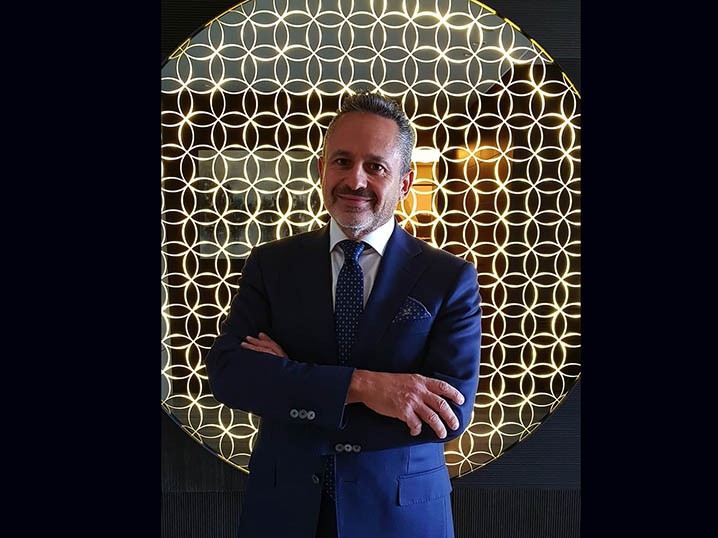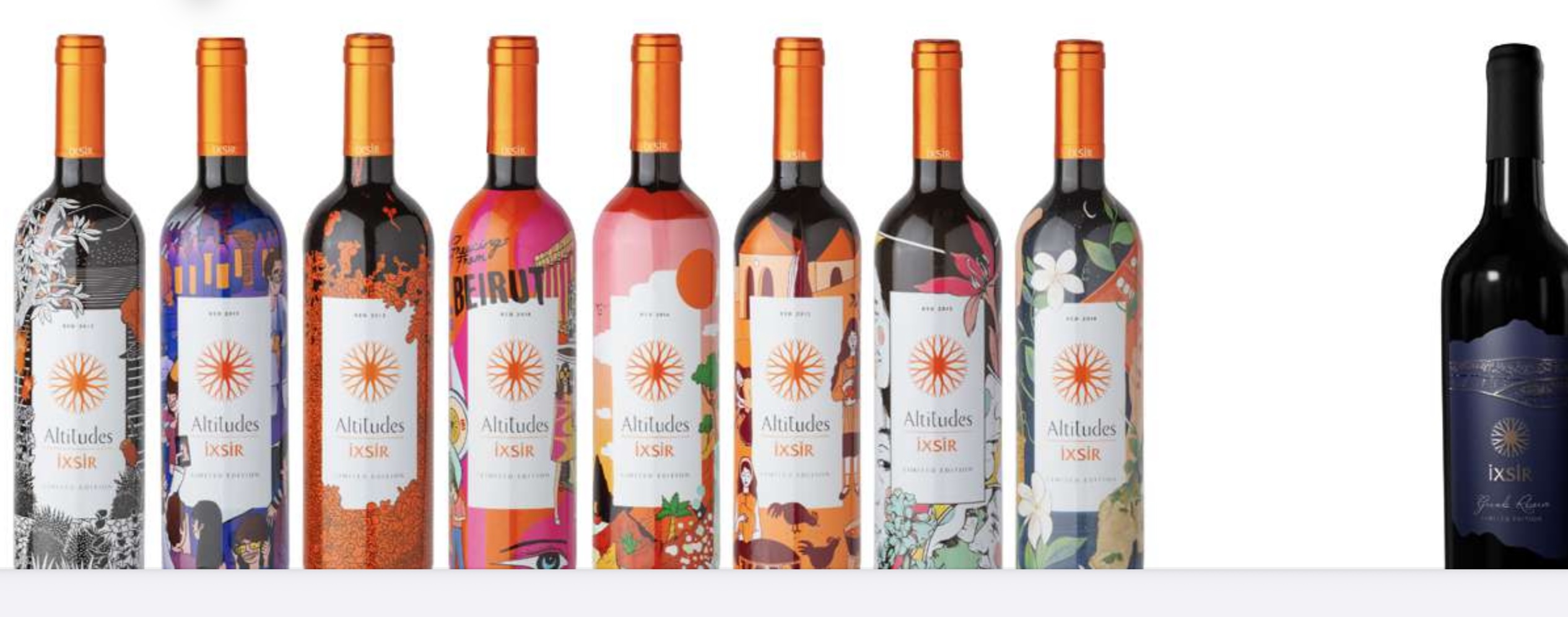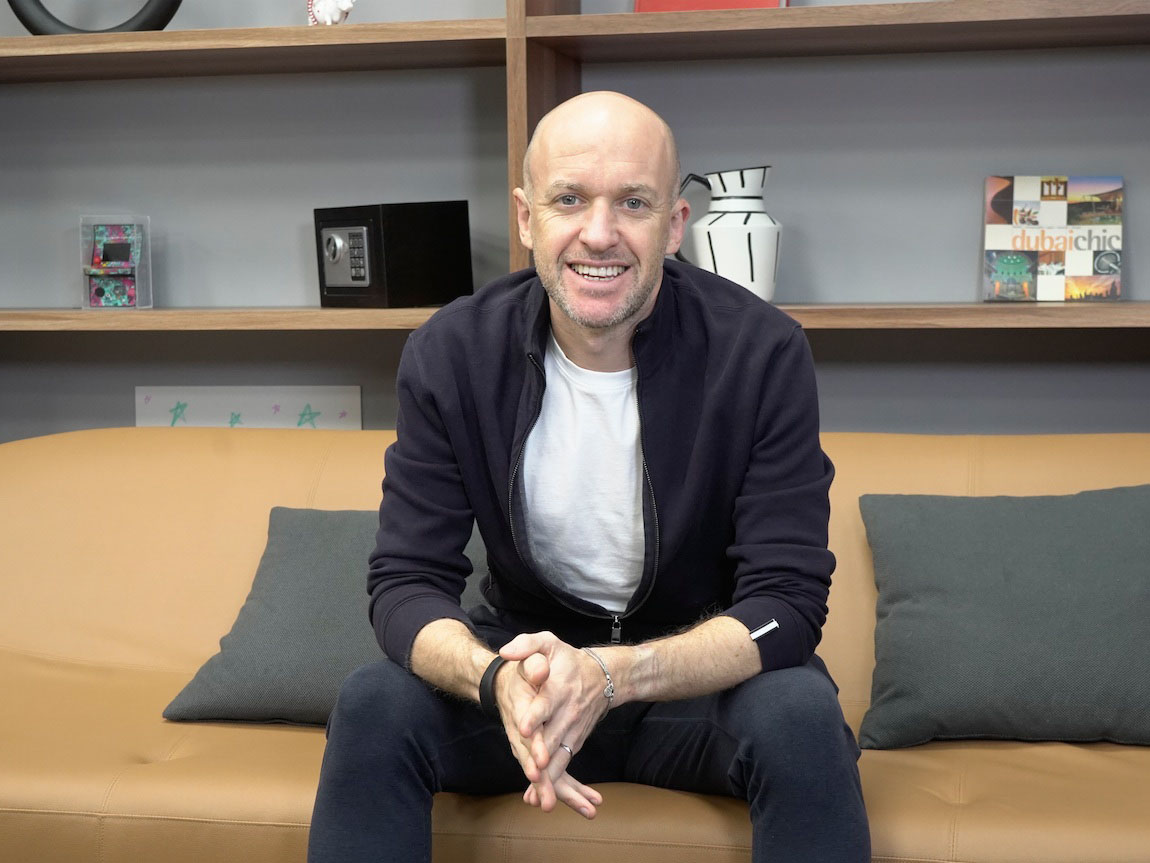Industry Talk
On the challenges facing the FMCG sector in Lebanon -An Interview with Ziad Mahasni of FDC
October 24, 2018
.jpg) Advertisement
Advertisement
What are the opportunities that you see in the FMCG industry in Lebanon?
The retail scene is changing in Lebanon and catching up with international retail trends. The digital revolution puts us directly in touch with the end consumers; we know what they like, dislike, etc., and this is a great advantage we lacked in the past.
What challenges you currently face and how do you try to overcome them?
There are several challenges that we currently face in the FMCG industry in Lebanon.
On the company level, the first challenge would be the human or people challenge, where it is difficult to attract, hire and retain, the right and proper talent. The lucrative salaries and greater job opportunities found overseas, and especially in the GCC, coupled with the current economic situation in Lebanon, push many of the fresh graduates to travel abroad for work, thus decreasing the pool of qualified labor in Lebanon. This makes it challenging to have the proper workforce, especially at the managerial level. Not to mention the recent proliferation of unlicensed or mediocre universities, that graduate underqualified students. We try to attract those who not only excel educationally, but who also enjoy exceptional interpersonal and analytical skills, and this by a lengthy and elaborate recruitment process.
A second major challenge that is on the rise, due to the digital revolution, is fake news and defamation. Some people occasionally attempt to benefit, by posting or sharing fake news, about damaged products pretending they are defective or rotten, etc. Not having a clear legislation on product defamation in Lebanon does not help to put an end to these incorrect and immoral claims. This affects us negatively, especially that many consumers do not verify whether the news is true or not, believing the first thing they see or read. Our strategy is to ask those that have made the claim to present us with the damaged package and we carry an investigation on the claims made. Most of the time, they cannot present us with any proof.
On a country level, the challenge would be the logistics in Lebanon. With the unplanned urban boom and rapid increase in residential areas, it becomes difficult to operate warehouses and have proper distribution. The infrastructure in the country and traffic situation, do not help, and hinder the process of efficient distribution.
Another challenge is the increased regulation by the government on FMCG products, with new laws / requirements enacted on packaging, communication/advertising and shipment policies; many of these regulations do not necessarily have any added value to the consumer. The only solution for us is to comply.
A third one would be the financial crisis, with many customers going bankrupt and with collection of receivables becoming an arduous task. As a result, we use our own judgment coupled with market intelligence, to manage receivables. We also have an in-house credit policy that we abide by.
On an import level, there are parallel imports and counterfeited products. With the parallel import, there isn’t much that we can do except try to match such competition, with increased trade offers. As for the counterfeit, we depend on our loyal customers and sales team, to notify us if they come across such an issue. We then deal with it on a case by case basis.
“The country is in a stagnation mode, and that is a known fact. The latest GDP growth estimate for 2018 is around 1.5%, and predictions for the future aren’t any better… Our strategy is to expect the worst but always hope for the best!”
What is your market share?
In the FMCG industry, given its diversity, you cannot really talk about a total market share. Each company can lead in a certain category of goods. We are considered among the top five leading importing companies in Lebanon. As for the categories, we have a leading market share, mainly in energy drinks, low calorie sweeteners, toothpaste, biscuits and insecticides, among others.
What are the current trends that you see in the FMCG industry?
The main consumer trend that we see is a move towards health and wellness. People are experiencing an increased awareness of their health and personal hygiene. Consumers are moving towards organic natural products with a keen sight for the ingredients present in each product. They are spending more time on making calculated decisions on what they eat, consume or buy. Many are also looking for healthy quick snacks due to our fast-moving world and lack of free time. Moreover, in the digital age that we are in, the new generation and older generations are both catching up with the movement and looking to spend more on the experience; hence many companies are introducing the experiential aspect in their products.
Tell us on your warehouses and logistics strategy that you follow.
Currently we have one main warehouse, as we found centralization to be most convenient. From this main warehouse, we deliver to all areas in Lebanon. However, given the company’s rapid expansion, and the location of the current warehouse, we are planning on acquiring an additional one.
What is your opinion on the digital trends in FMCG such as the use of mobile and programmatic ads? Do you consider incorporating such trends in your logistics of product delivery?
The world is in the digital age. The use of online shopping for FMCG, isn’t yet as common in Lebanon. However, we use digital technology and fleet tracking to optimize our route to market and maintain efficient logistics, with the aim of, again, having the best return on investment.
What are your future plans for FDC?
It is mainly to keep growing: Whether through entering new categories, or via organic growth in existing ones. The situation nowadays in Lebanon, can best be described as a survival of the fittest, due to the stagnation that is currently prevailing.
You have mentioned stagnation… Can you elaborate on that point?
The country is in a stagnation mode, and that is a known fact. The latest GDP growth estimate for 2018 is around 1.5%, and predictions for the future aren’t any better. We usually rely on retail audits from Nielsen, as well as, various other business / economic reports. In business you can’t give in to stagnation, you have to find your way around it. Our strategy is to expect the worst but always hope for the best!




.jpg)

.jpg)








